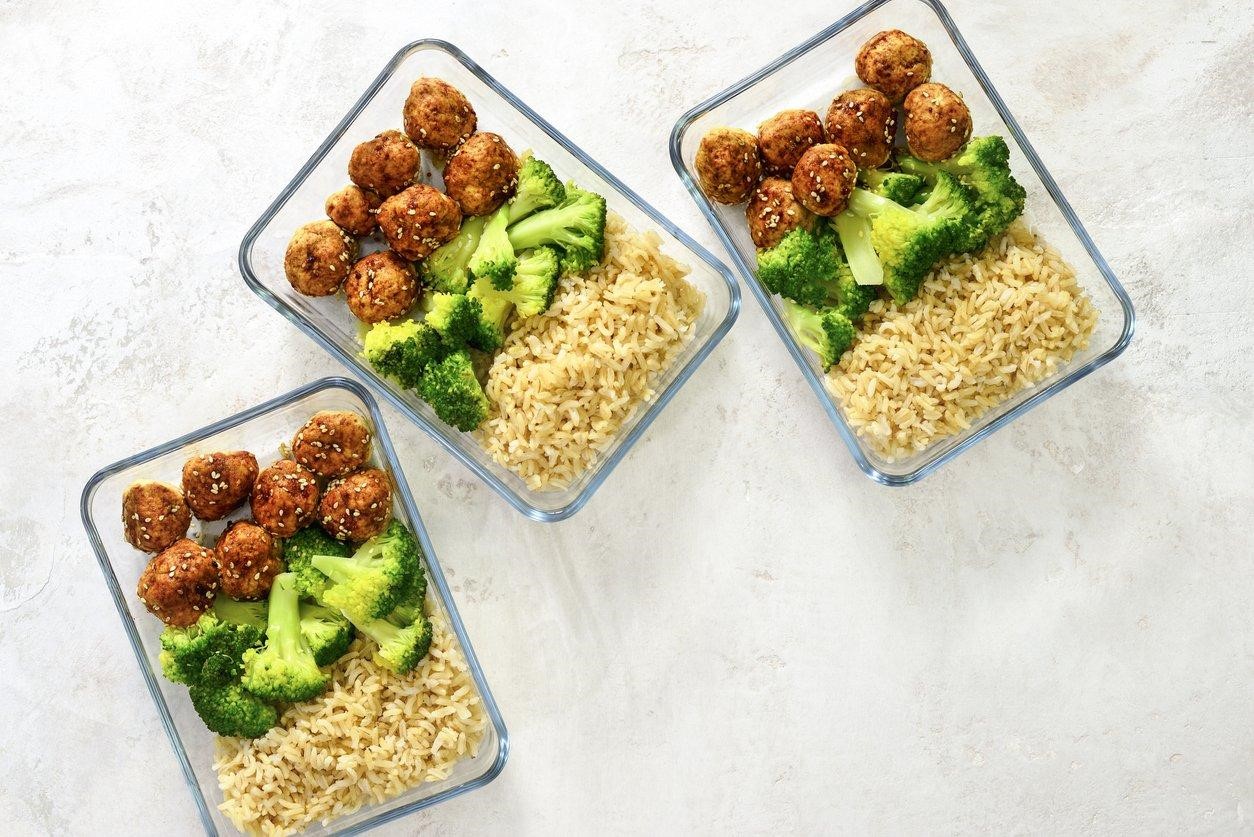Football is a sport that requires a high level of physical fitness, endurance, and strength. To perform at the highest level, footballers need to maintain a healthy and balanced diet that provides their bodies with the necessary nutrients and energy. Nutrition is a crucial aspect of an athlete’s training and performance. The food and fluids that an athlete consumes provide the energy and nutrients needed to fuel their workouts, recover from training and competition, and support overall health and well-being.
A footballer’s diet should be high in carbohydrates, as these are the primary source of energy for the body during intense physical activity. Whole grains such as brown rice, whole wheat bread, and oats are excellent sources of carbohydrates. Additionally, fruits, vegetables, and legumes such as beans and lentils provide important vitamins, minerals, and fiber.
Protein is also an essential component of a footballer’s diet as it helps to build and repair muscle tissue. Good sources of protein include lean meats such as chicken, turkey, and fish, as well as eggs, dairy products, and plant-based protein sources such as tofu and tempeh.
In addition to the macronutrients, footballers also need to consume adequate amounts of healthy fats, such as those found in nuts, seeds, avocados, and olive oil. These fats provide energy and support the absorption of essential vitamins and minerals.
Hydration is also important for footballers, as they lose a lot of fluids through sweating during training and matches. It is recommended that footballers drink at least 2-3 liters of water per day, and more during training and matches.
Nutrition plays a huge role in the recovery process, and footballers need to consume the right nutrients after a game or training session. This will help to replenish glycogen stores, repair muscle tissue, and reduce inflammation. To achieve this, a meal that is high in carbohydrates and protein is recommended.
That being said, here is what a typical footballer would consume in a day; Breakfast: A footballer would start their day with a healthy breakfast. This could include a bowl of oatmeal with fresh fruit, a protein shake, or a smoothie. They may also have a protein bar or yogurt for a snack. Lunch: For lunch, a footballer might have a light meal like a salad or wrap with lean proteins, like chicken or fish. They may also opt for a sandwich with lean or turkey meat, or a bowl of soup. Snack: As a snack, they might have some fresh fruit, a handful of nuts, or a protein bar. Dinner: For dinner, a footballer would want something substantial to get them through the night. This could be a chicken or fish dish with vegetables, a hearty stew, or a bowl of pasta. Post-Game Snack: After their game, a footballer would refuel with a protein shake or smoothie, some nuts or a protein bar, or a light snack.
The saying “you are what you eat” is a popular phrase. It emphasizes the importance of healthy eating and the impact that food has on our overall health and well-being. The phrase suggests that the food we consume plays a significant role in shaping our physical and mental health. Also, the choices we make about what we eat can have a direct impact on our overall quality of life.
In conclusion, a healthy and balanced diet is essential for footballers to perform at their best, playing a round on https://22bet.com.gh/ wouldn’t hurt either. A diet that is high in carbohydrates, protein, and healthy fats, and includes plenty of fruits, vegetables, and hydration will provide the necessary nutrients and energy for the intense physical demands of the sport. It’s also important to pay attention to recovery nutrition as well. It’s always best to consult a sports dietitian to tailor a diet that best suits an individual’s needs.






